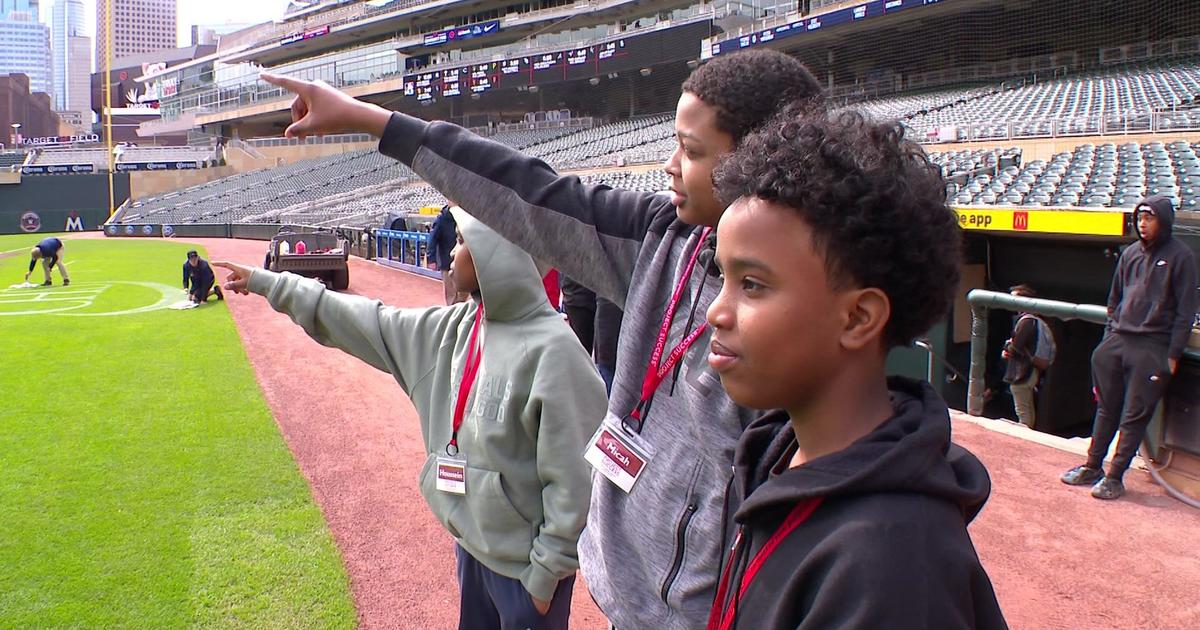'Arabian Nights' At The Walker Art Center
In the first part of his 6-hour, fantastical portrait of his native Portugal during "bread and water" austerity, director Miguel Gomes admits that the idea behind his fresh-cut trilogy might be the dumbest he's ever had. The problem, says the filmmaker while playing an exaggerated and depressed version of himself, is: He wants to make a movie so magical that people forget their problems, but yet he feels compelled to document their sufferings under the rule of a morally bankrupt government. The result is project that doesn't walk a tightrope between fantasy and reality so much as have a foot firmly planted in the soil of each. As you might guess, the massive work is conflicted and confusing; still, it's also ambitious and often dazzling. Perhaps achieving this yin-yang synthesis is the point, and thus to expect the films to be pleasingly coherent or simply entertaining is just naive.
As Gomes often reminds the viewer, his Arabian Nights isn't a take on a classic of world literature. Instead, he borrows the tale-within-a-tale formula to weave a kaleidoscopic portrait of his country's hardships during the recent European financial crisis. To come up with all the various stories in the three films, Gomes hired a team of investigative journalists to explore Portugal and report on life in the country between 2013 and 2014. These bits of reality were then fermented in Gomes' imagination to create episodes that hold an essence of truth while being malleable and liquid enough to fold into one of the tales woven by his Scheherazade. Here, the narrator of "One Thousand and One Nights," who is telling stories to save her life from a jealous king, functions as Gomes' muse. We follow her lead, not his.
Arabian Nights is split into three volumes. The first, The Restless One, captures the will of Portugal's workers to be free of a terrible circumstance. It begins with real-life workers being laid off at a shipyard and ends with the fight to organize a New Year's Day swimming festival despite a lack of money. Volume Two: The Desolate One has a rooster put on trial for cock-a-doodle-doing too loud and a judge breaking down in tears as she hears a series of bizarre, convoluted and austerity-related cases in an outdoor amphitheater. The second film captures a deep sense of hopelessness as it ends with a couple committing suicide alone in their apartment. Volume Three: The Enchanted One outlines the dreams of Scheherazade, who longs to see the world outside her Persian castle. It wraps up with a beautiful examination of a community of Portuguese birdsong enthusiasts, a note of hope.
Amid all these tales, there are many, many more. Some show Gomes' humor, like one about European financial bigwigs that happen upon a wizard who gives them a potion with a side effect of everlasting erections. On a more human note, other stories just give space for real Portuguese to tell of their struggles. The camera slowly zooms in on their faces as they detail their reality of not being able to work and seeing their dreams fade away. These moments are deeply moving and contrast with the films' many surreal spectacles, such as a whale exploding, revealing the remains of a partially-digested mermaid.
To watch all three of the films in a weekend as they appear at the Walker Art Center is a big task. For as beautiful and imaginative as they are, they are not easy. Gomes' trilogy is pregnant with feelings of despair and each one is over two hours long. Moreover, the surreality of each experience almost induces a sort of hangover. You won't be sure, exactly, of what you just saw, but you'll want to lie down and think it over. In the end though, it's tough not to look back at the project as some monumental undertaking. For even if the idea behind it was stupid, as Gomes suggested, its mix of fantasy and grim reality is so filled with metaphors and emotions that it makes us realize that to be alive is to tell stories -- that stories give us life.
All three parts of Arabian Nights are playing this weekend at the Walker Art Center in Minneapolis. Volume One will screen on Friday, Volume Two will screen on Saturday and Volume Three will screen on Sunday.
The trilogy will screen again later this month during the weekend of Feb. 19.



